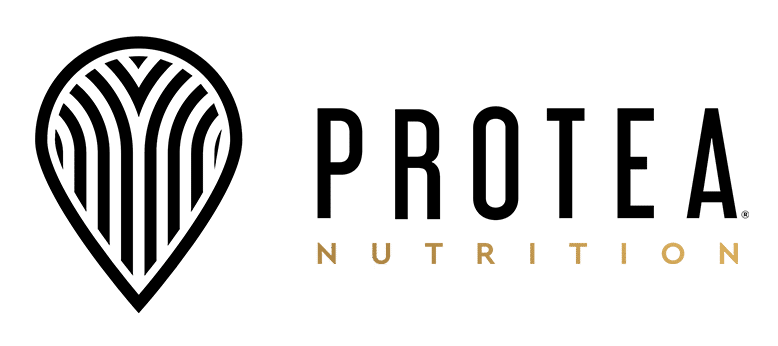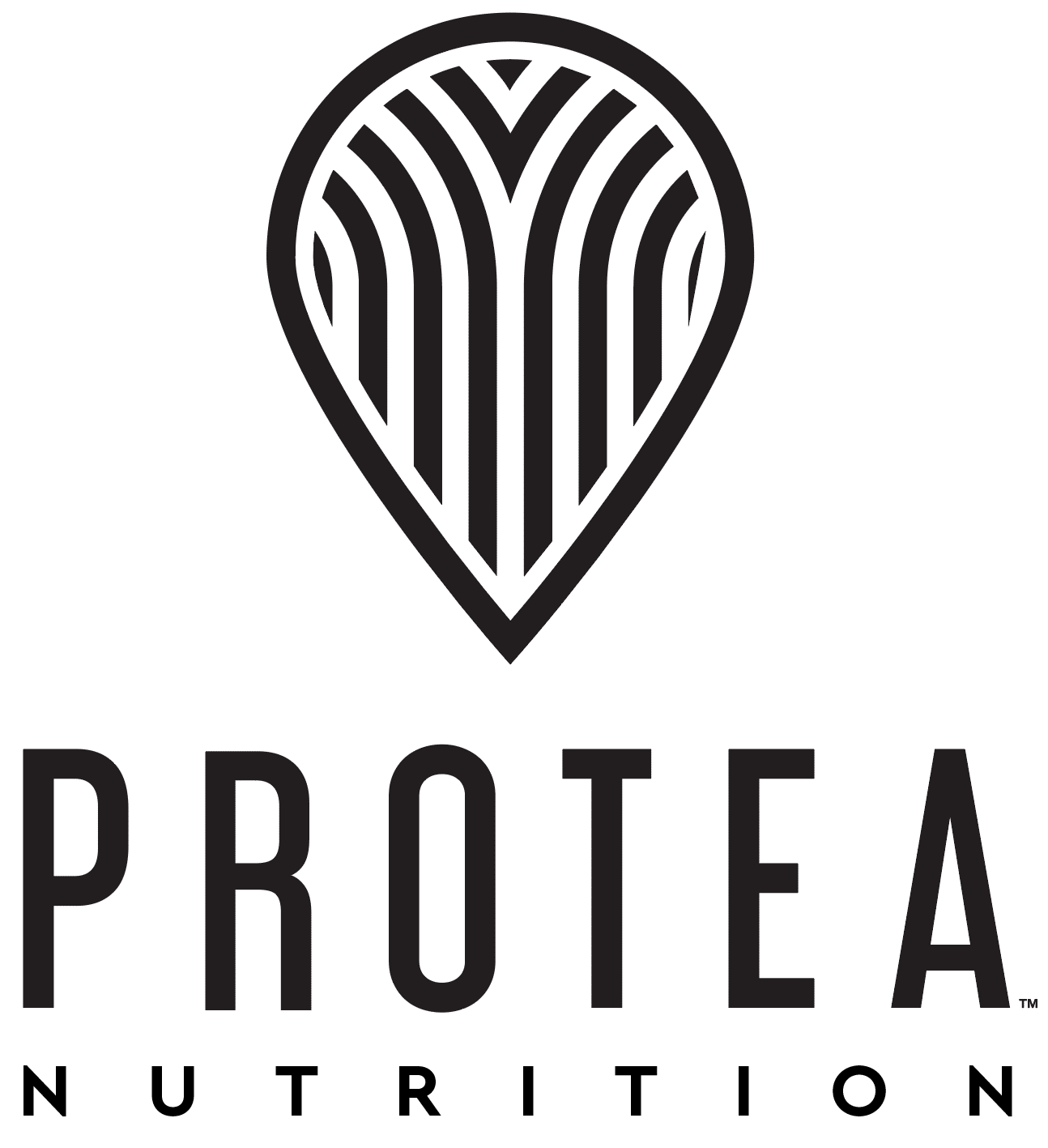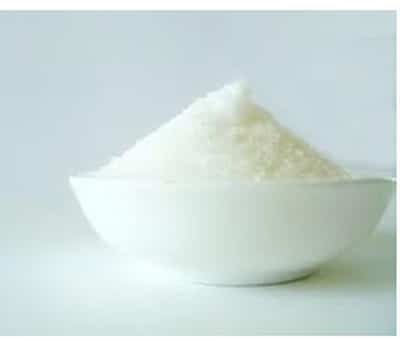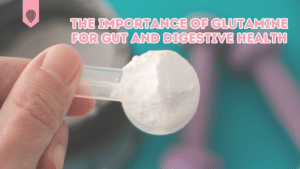Xanthan gum is a common food additive used as a binder or thickener. Though it is considered safe by the FDA, it may not be the best choice for everyone. And because of the negative impact it can have on many people’s digestion and healthy gut bacteria profile, we’ve chosen to avoid it in Protea products.
Xanthan gum (XG) is formed by fermenting sugar with a bacteria called Xanthomonas campestris. In this fermentation process, the sugar becomes a thick or gooey substance, that can be turned into a solid when alcohol is added.
Aside from gluten free products, it can be found in foods like salad dressings, syrups, condiments, ice cream, as well as personal care/beauty products, and industrial products. Since XG allows for liquids to flow easily out of tubes, it’s used in manufacturing and dispensing many household products like cleaners, paints, and adhesives.
Unfortunately XG isn’t great for everyone. It’s noted that for those with severe allergies to foods like wheat, corn, soy, or dairy, they may need to avoid XG in their foods unless they know what food source the fermented sugar is derived from. Many different sugars can be used to make XG, so for people who are vegan may need to be more diligent for additional reasons since lactose can be a source of XG.
Frighteningly, XG in the form of Simply Thick was added to formula and breastmilk for premature infants. In many cases, this lead to a life-threatening disease called necrotizing enterocolitis, where their intestines became inflamed and damaged, and started to die. Though adults were fine to use Simply Thick, infants must avoid it. The blood sugar lowering aspect of XG may need to be avoided for people who are taking certain diabetes medications that cause low blood sugar, as well as those who will soon have surgery. As blood sugar being too low can be incredibly dangerous.
Some people note digestive issues when they consume XG, especially in larger quantities in their day. Remember, that it’s likely not just in your protein powder, but can be found in many of your common food choices. Note for yourself if you notice more bloating, intestinal gas, flu-like symptoms, nose and throat irritation, or constipation. Up to 15g of XG a day is considered safe by the FDA. But it may be difficult to know how much in total you’re consuming if you do eat a higher processed food diet. Beyond this amount, even your healthy bacteria profile with your gut may be negatively impacted. XG does offer some drug interactions like some diabetes medications as well as antibiotics.
We don’t want to create opportunities for digestive issues with our brand. Especially because so many women do struggle with bloating and poor GI health as it is.
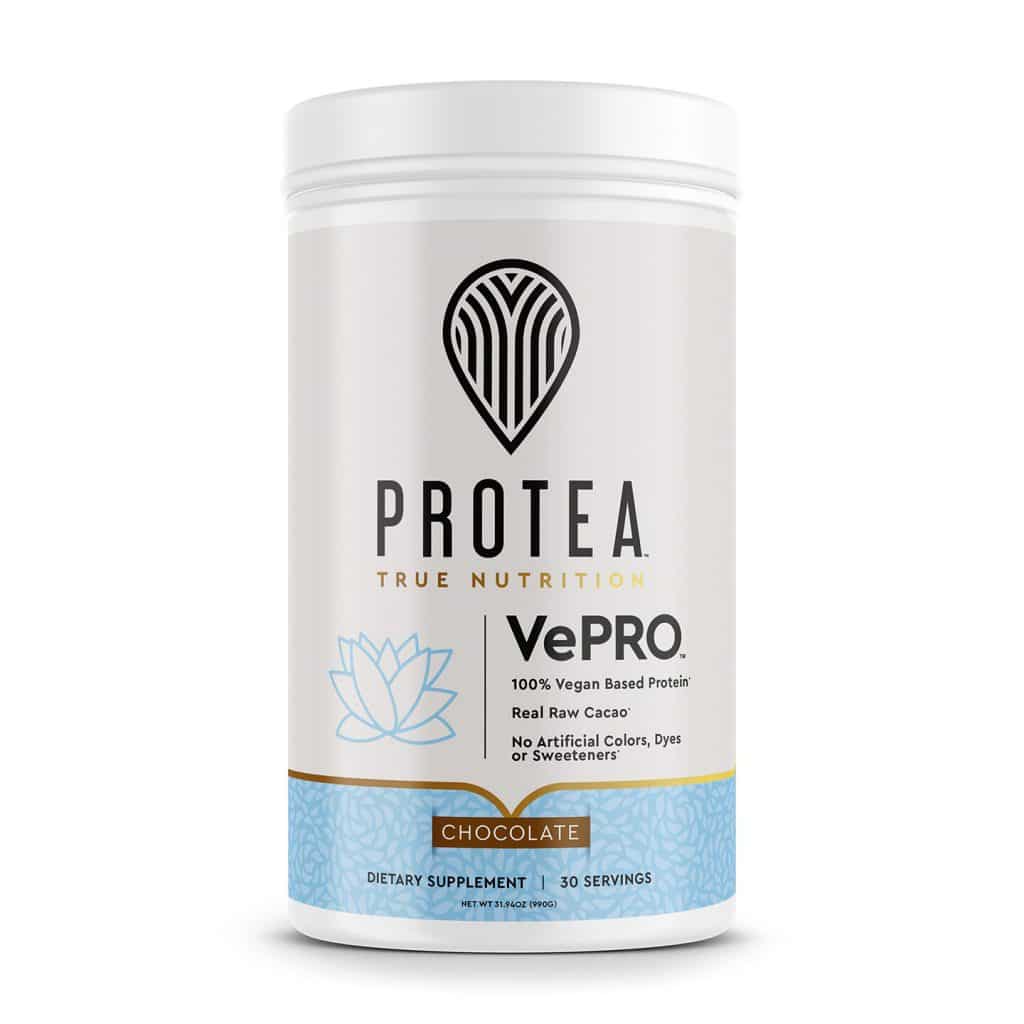
The contents of this blog should not be taken as medical advice. It is not intended to diagnose, treat, cure, or prevent any health problem-nor is it intended to replace the advice of a physician. Always consult your physician or qualified health professional on any matters regarding your health. These statements have not been evaluated by the Food and Drug Administration. This product is not intended to diagnose, treat, cure, or prevent any disease.
